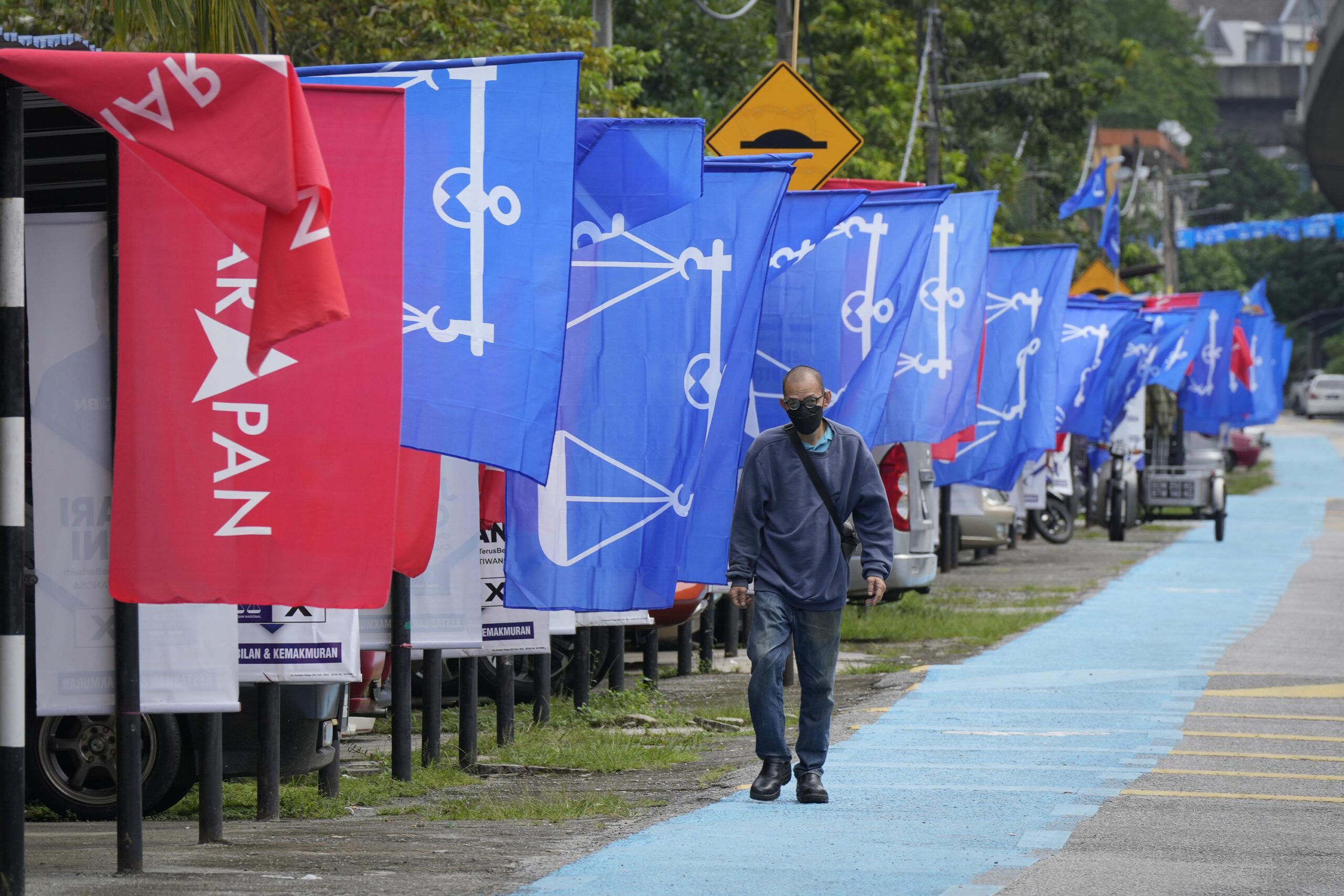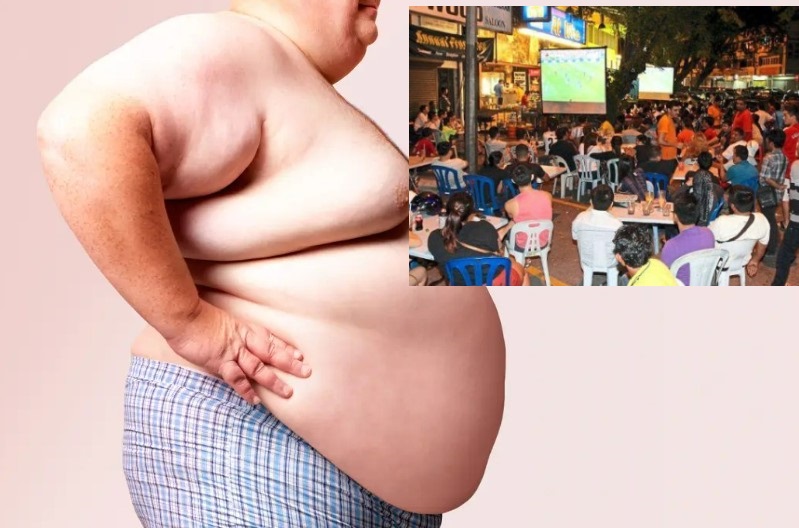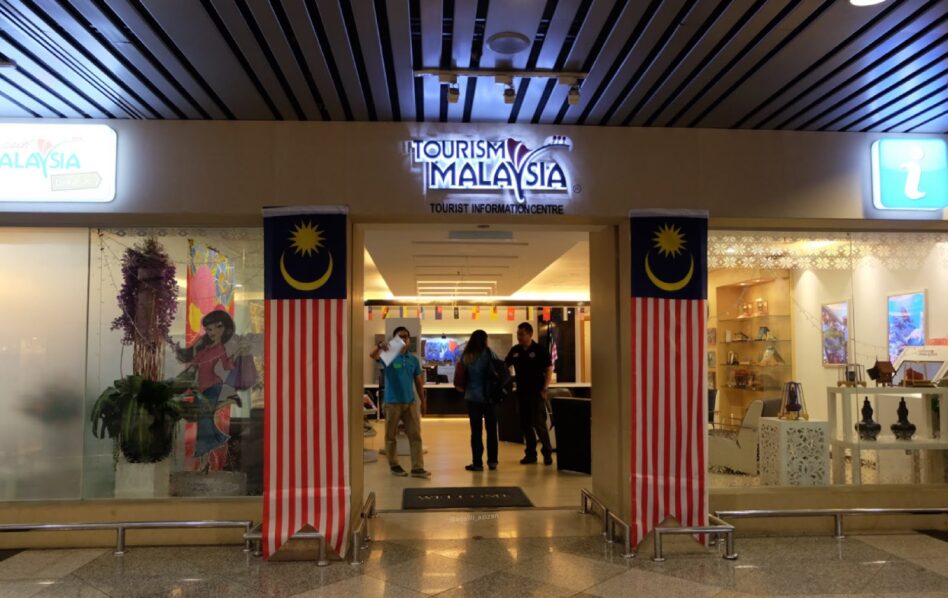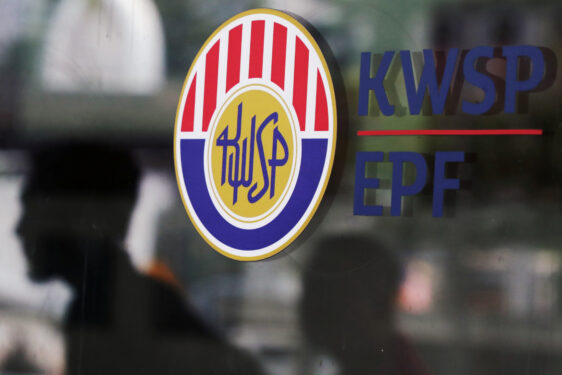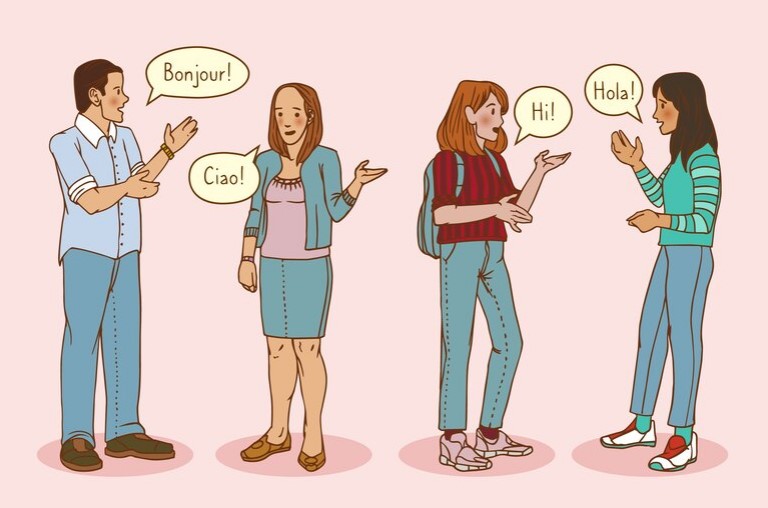Letter to Editor
TWO unrelated events but of importance to different groups are happening this August: elections in six states in Malaysia and the start of the English Premier League.
For the first, voters in Kedah, Penang, Selangor, Negri Sembilan, Kelantan and Terengganu will decide who will be leading their respective states for the next five years.
It’d also be the first poll after last year’s general election which saw the formation of a unity government composed of previously warring parties.
Halfway across the world, the 32nd season of the English Premier League (EPL) will kick off on Aug 12 as football fans train their attention on their favourite teams who’d battle it out in one of the most closely-watched annual sporting events on the planet.
While these two events are seemingly unrelated, they are good case studies about brand loyalty. In football, fans rarely switch team allegiance. If you are a fan of say, Manchester United, it is very unlikely that you will wake up one morning and start supporting Liverpool.
More likely than not, you will stay a Manchester United fan for life, collecting whatever merchandise you can afford, cheering your team at every match and never missing a chance to run down rival clubs in good fun.
No authority can ever tell you to support another club. This brand loyalty is partly due to human’s evolutionary history where we develop tribal allegiance as a survival mechanism.
Just as football fans tend to stay loyal to only one club, voters too are more likely to stick with the political parties or blocs that they can identify with.
It is very unlikely that a hardcore supporter of DAP, for instance, will vote for an UMNO candidate in the poll and vice versa.
Both parties are ideologically poles apart. For decades, DAP had spoken ill of UMNO in the worst possible terms. The reverse is also true.
DAP’s pet peeve with UMNO prior to the 15th general election was that the latter was kleptocratic, corrupt, racist and arrogant. On the other hand, UMNO leaders back then had accused the DAP of being chauvinistic, anti-Malay and anti-Islam.
Having indoctrinated their respective supporters over the decades, it is unlikely that the voters will switch allegiance like flipping a switch, as though the ill-will from the past has evaporated into thin air.
This is notwithstanding recent pleas from leaders in the unity government that voters in the six states back the bloc in the polls.
This is not to say that voters’ minds are always fixed. Voters do change their minds, otherwise we would not have had changes in governments.
But since the unity government was formed, none of the political parties within it had seen a major ideological shift that would make them appeal to new converts, without losing their traditional base.
This, coupled with the prolonged indoctrination by partners in the unity government against each other in the past, make it unlikely for voters to bring themselves to support a party which goes against their cherished values and ideals.
In other words, there is very little “votes transferability” between Barisan Nasional (BN) and Pakatan Harapan (PH) in the upcoming polls, which have been touted as a barometer of support for the Datuk Seri Anwar Ibrahim administration.
Leaders in the unity government have lately projected that the coalition will win comfortably in the state elections based on the premise that BN and PH voters will join forces to give the coalition a resounding victory.
But as exemplified by the football club loyalty analogy, this is unlikely to happen at a scale that can determine electoral outcomes.
In fact, BN-PH is likely to lose more support during the elections due to the unity overnment’s decision to withdraw the appeal for the Allah case and the hike in the Overnight Policy Rate (OPR), among others.
With that in mind, the unity government can ill-afford to rest on its laurels and rely on oversimplified mathematics of “votes transferability” which in itself is based on flawed assumptions.
In fact, if it’s not careful, the unity government is staring at defeat in Selangor and Negri Sembilan which have sizable Malay voters, who largely abandoned UMNO and PH during the last general election. – May 25, 2023
Lim Soo Kiang
Balik Pulau
The views expressed are solely of the author and do not necessarily reflect those of Focus Malaysia.
Main pic credit: AP Photos


